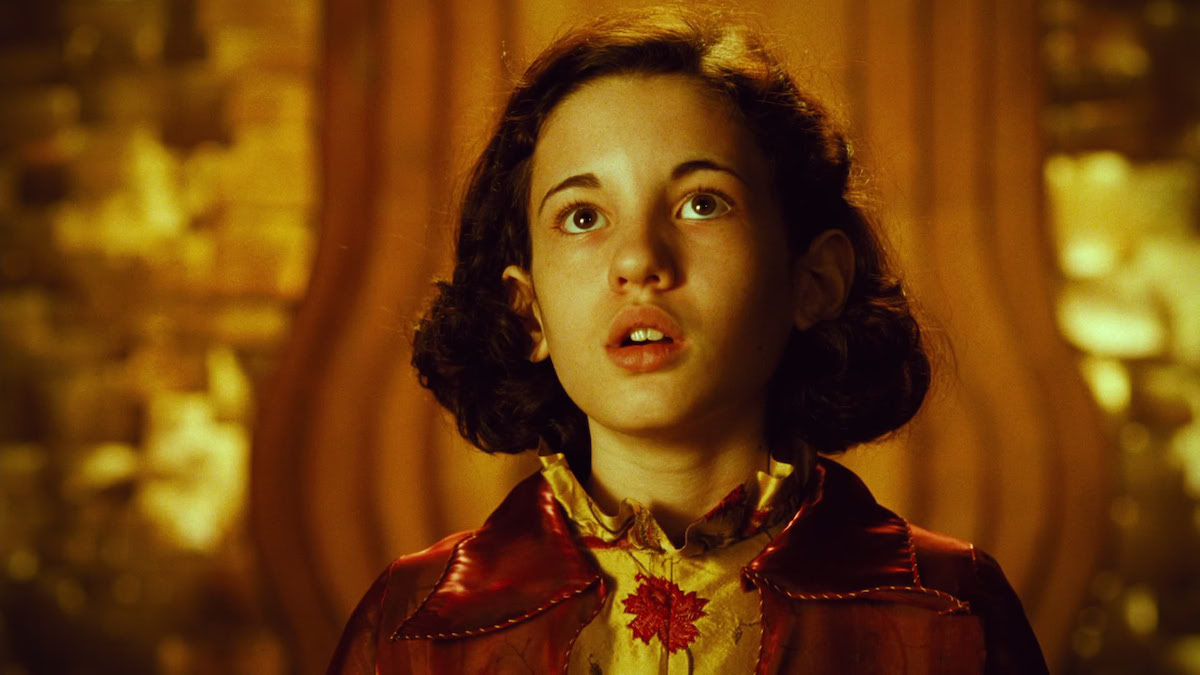
The twenty-first century has given audiences some truly terrific cinema. Discussed below are some examples; films so special that they are often considered masterpieces. Of course, there are many films that could have made the discussion, however, the list was narrowed down to these ten for the very reasons detailed below. Whether you, the reader, agrees or disagrees, just know that these films deserve respect, if not your praise.
10. Wendy and Lucy (Kelly Reichardt, 2008)
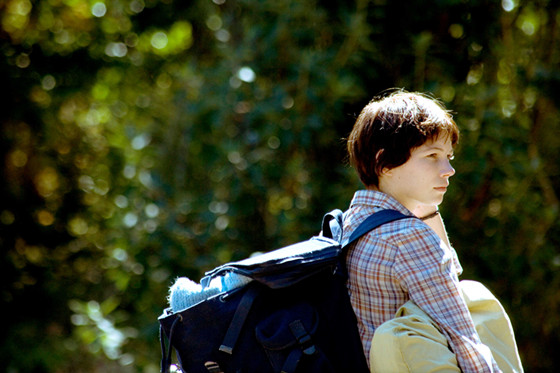
Kelly Reichardt has deservedly become one of the most praised female filmmakers of the century; her latest work – 2016’s Certain Women – won Best Film at the London Film Festival, and previous efforts such as Meek’s Cutoff and Night Moves have been praised respectively. The summit of her body of work, however, remains her 2008 film Wendy and Lucy.
For Wendy, the domestic seems to have morphed into the desolate. She is travelling to Alaska to find work with her dog Lucy when her car breaks down; unable to pay for the repairs, she is left stranded on a journey she must complete. Furthermore, after an act of impulsive desperation, her companion disappears and leaves her in complete crisis. The quest then becomes a search, and the tragedy of Wendy’s life becomes all the more distressing.
Michelle Williams has proved herself many times to be one of modern cinema’s most talented actresses, showcasing accomplished performances in Kenneth Lonergan’s Manchester by the Sea, Ang Lee’s Brokeback Mountain, and Derek Cianfrance’s Blue Valentine. This makes it all the more astonishing that her crowning performance remains her first of numerous for Reichardt, casting a spell over the audience with her nuanced and sympathetic heroine on a quest of the Italian Neo-Realist tradition.
When the film draws its conclusion it washes over the audience almost immediately that Wendy and Lucy is that rare perfect film – one to warm your heart and break it, and one that never feels false or exaggerated. In this respects it is a piece of work that feels breathing, very authentic in its storytelling methods and in its universal messages of loneliness and the human struggle.
In the hands of another filmmaker this may have been another weepy road movie, but instead, Reichardt acknowledges that even the impulse to pick up and flee is unassuming of life’s inconveniences which temporarily immobilise her to continue what many would depict as a cinematic journey of transience and the open road.
9. The Great Beauty (Paolo Sorrentino, 2013)
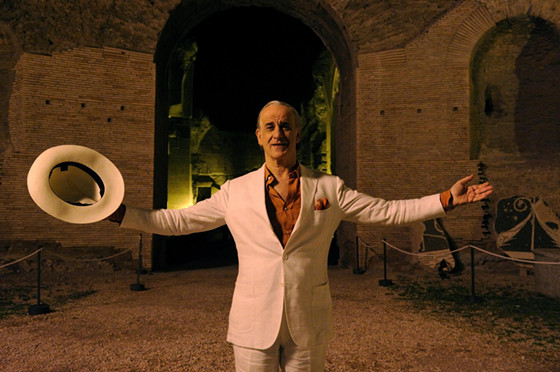
Italian filmmaker Paolo Sorrentino stunned critics in 2013 with his grand and stylish new film, The Great Beauty. It went on to secure the director an Academy Award for Best Foreign Language Film in 2014, and also the BAFTA for Film not in the English Language.
In turn, audiences praised the film for its many spellbinding and mesmerising qualities; most notably the films modern evocation of Federico Fellini’s 1960 classic, La Dolce Vita, and the swooping cinematography of regular collaborator Luca Bigazzi.
Also a regular collaborator of Sorrentino’s, Toni Servillo turns in a terrific central performance as aging journalist Jep Gambardella, whose decadent and wealthy social circle has finally began to reveal much more in the wake of his sixty-fifth birthday.
Although the director visually describes the appeal of such regale and debauchery, he is at first fascinated with Jep’s sudden realisation that he has done and seen it all – that no day herein will be better than those he has already had. Through a series of stunning sequences and tender moments, it is lovingly revealed that there is in fact so much beauty, and in Rome, it really isn’t hard to capture.
The juxtaposition between proposed immorality and a contrary innocence – of people and of landscapes – remains stimulating throughout the film’s long runtime. This is thanks to Servillo’s complex protagonist, and his role as a spectator within his own narrative is very similar to that of the audience. At first it would appear that Jep has done it all; the best food, women, books.
However, as the narrative progresses his youthful approach to life becomes much more clear, in that he is still searching for new experiences, and of course, the great beauty that the film’s title perhaps portends to. This takes him to many wonderful places, and allows him to take in breathtaking and life-affirming sights, while introducing him to new and interesting people.
Sorrentino is able to show us both the ugly and the divine, but never sacrifices explored themes of humanity, compassion, community and memory in order to tell something quite so plain. Almost everything about The Great Beauty is exquisite, from its use of music to lighting. It is hard to imagine this film not being remembered in many years time as the director’s shining masterpiece.
8. Before Sunset (Richard Linklater, 2004)
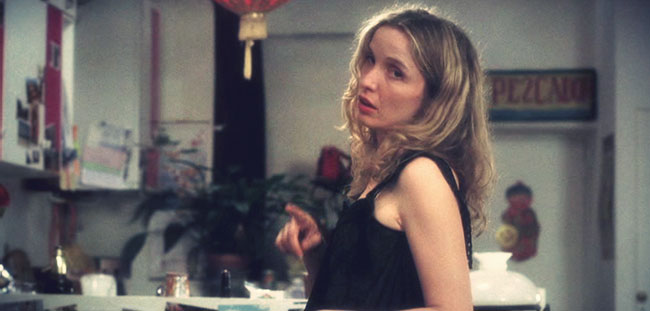
In 1995 audiences found themselves captivated by the unexpected, modern romance of Ethan Hawke’s Jesse and Julie Delpy’s Celine in Richard Linklater’s warming snapshot of youth: the gorgeous Before Sunrise. Nine years later, the director reunited the older and wiser lovers under different circumstances in his second instalment of the now heralded “Before trilogy”. 2004’s Before Sunset is the most impressive of the three films, and its magic has withstood the test of time.
After two strangers spend a beautiful night together navigating the streets of Vienna, they vow to meet again at same location in six months time, rather than exchanging contact information; caught up in a whirlwind of adolescent romantic gestures. Nine years have passed and Jesse is finally reunited with Celine while promoting his new book in a Parisian bookshop.
They cling to their precious time together, discussing the great extent to which their lives and views have changed, offering an insightful comparison between youth and adulthood over the course of the two features. As one would expect from Linklater, the dialogue is as honest and real as it gets, and we cannot help but hang onto their every word and wish for the best.
The hope and inspiration which was embodied in Before Sunrise haunts this sequel, and the characters realise how important and wonderful their first encounter truly was. How does one continue after experiencing perfection? How does it change you?
Through intimate performances, Hawke and Delpy answer so many questions that flood our minds the minute that the film begins, and mournfully convey years of absence, reminiscence and imagination. With the narrative playing out in real-time, the audience is able to accompany them so closely, and thanks to pre-established investment, we already share a fondness for the characters, of which this instalment is able to further nurture our association.
They are characters whose worldview we fell in love with, and with Before Sunset, we finally plunge into that love, not with what they represent, but with them as people – so human and genuine.
7. Memories of Murder (Bong Joon-ho, 2003)
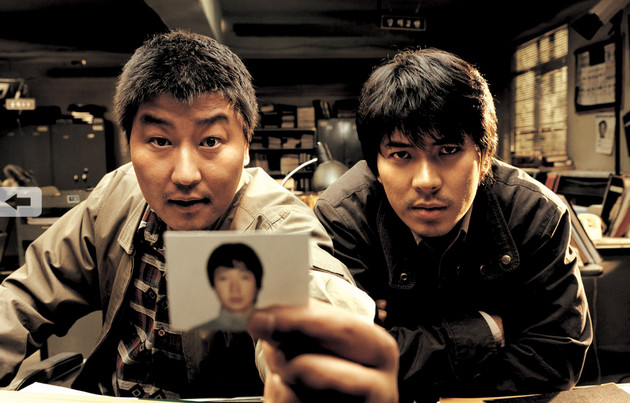
Since his 2000 debut-feature Dogs Never Bite, Bong Joon-ho has achieved great success over his twenty-first century career. His 2006 family-drama and monster-movie hybrid The Host became the highest-grossing film in South Korea, and he received further praise from critics and audiences for 2009’s Mother, English-language debut Snowpiercer, and Netflix Original production Okja. It is his second feature – Memories of murder – which stands out as the jewel of the filmmaker’s impressive oeuvre, and one that deserves much more attention when considering the director’s present status.
The film is actually based on the first serial-murder case in Korean history – the Hwaseong serial murders – taking place between 1986 and 1991. After separate incidents of women being found raped and murdered, Detective Park Doo-man (Kang-ho Song) and others must find those responsible for the killings despite not having the technology, assets, or even an awarity of the responsible methods necessary to approach such a sensitive case. Doo-man relies on intuition and instinct, claiming that he can identify a culprit by eye contact alone. The narrative follows the case over many years, and is utterly riveting to witness.
Perhaps most surprising is that Joon-ho’s trademark wit was already present here, even when dealing with such a sincere narrative – remarkably throwing in sight gags which actually raise a chuckle. Favourably, the director’s knack for comedy never undercuts the more serious material, of which is exhibited with striking skill and confidence.
There are many tense sequences, and the case is orchestrated in a way that cinema rarely shows; the detectives are not cool and collected, they make mistakes, aren’t necessarily right for the assignment, and yet their humanity shines through and we believe in their determination to succeed, especially as the case becomes more personal as the situation worsens.
Superbly written, acted, shot – everything frankly. Memories of Murder is phenomenal cinema, delivering a crushing and soul-searing resolution – or lack of – as the characters and their audience are denied closure, in a beautiful yet destroying moment in which the detective turns to the audience in one last attempt to identify the killer. It’s a truly magnificent moment.
6. Under the Skin (Jonathan Glazer, 2013)
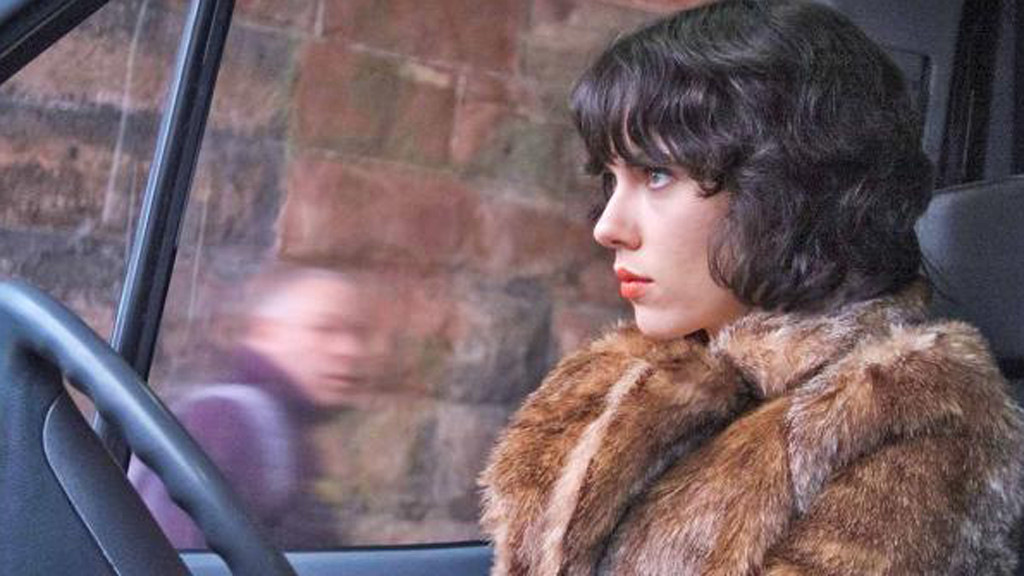
Based on Michael Faber’s original and fascinating 2000 novel of the same name, English filmmaker Jonathan Glazer’s film-adaptation of Under the Skin divided critics and audiences when released. It perfectly captured an extraterrestrial quality of our own world, allowing audiences to assess and evaluate our own strange behaviour.
Unfortunately, many found the film’s relatively experimental approach to narrative storytelling unappealing, and were unwilling to bring to the film the thought and analysis required to adequately appreciate it. Expectations may have played a huge role; a science-fiction film starring one of American cinema’s leading actresses wouldn’t usually look and feel like this – but, isn’t it wonderful that it does.
Scarlett Johansson plays a mysterious femme fatale who drives around Scotland in an unmarked van, picking up men in a series of intriguing seductions. It’s certainly an interesting film of recent years; during the initial interactions between Johansson’s character and her victims, Glazer achieves such a sense of realism, even going as far to include some unscripted conversations with non-actors, picking up members of the public and documenting them with hidden cameras.
However, as the film’s expository sequence communicates, this is a film which wishes to describe things visually without pandering to those who demand explicit explanation. The scenes in which Johansson’s protagonist traps men are surreally minimalist, and yet to understand her motivations for these sequences we must interpret striking tunnels of red – the process and transportation of flesh – to connect the dots. Glazer communicates her mission without ever having to resort to telling us through dialogue.
The central performance itself is the best of Johansson’s career thus far, as she is able to express such alienation and emotional distance from the darkness of our world – detached but curious to the deaths she witnesses, yet terrified when she’s swept into a club with a drunken group of friends. Another genius touch, having much of the dialogue during this scene indecipherable, perfectly placing us within the shoes of this unnerving stranger.
The way Glazer visually tells this absorbing story is incredible, and has even led to many drawing comparisons between this film and select works of the great Stanley Kubrick. Arguably, Under the Skin is unlike anything else audiences have seen in recent years, and has the power to astonish no matter how many times you see it. Its creator selects his projects wisely, and while this is only his third – and best – feature film, anticipation for his upcoming holocaust drama could not be higher.